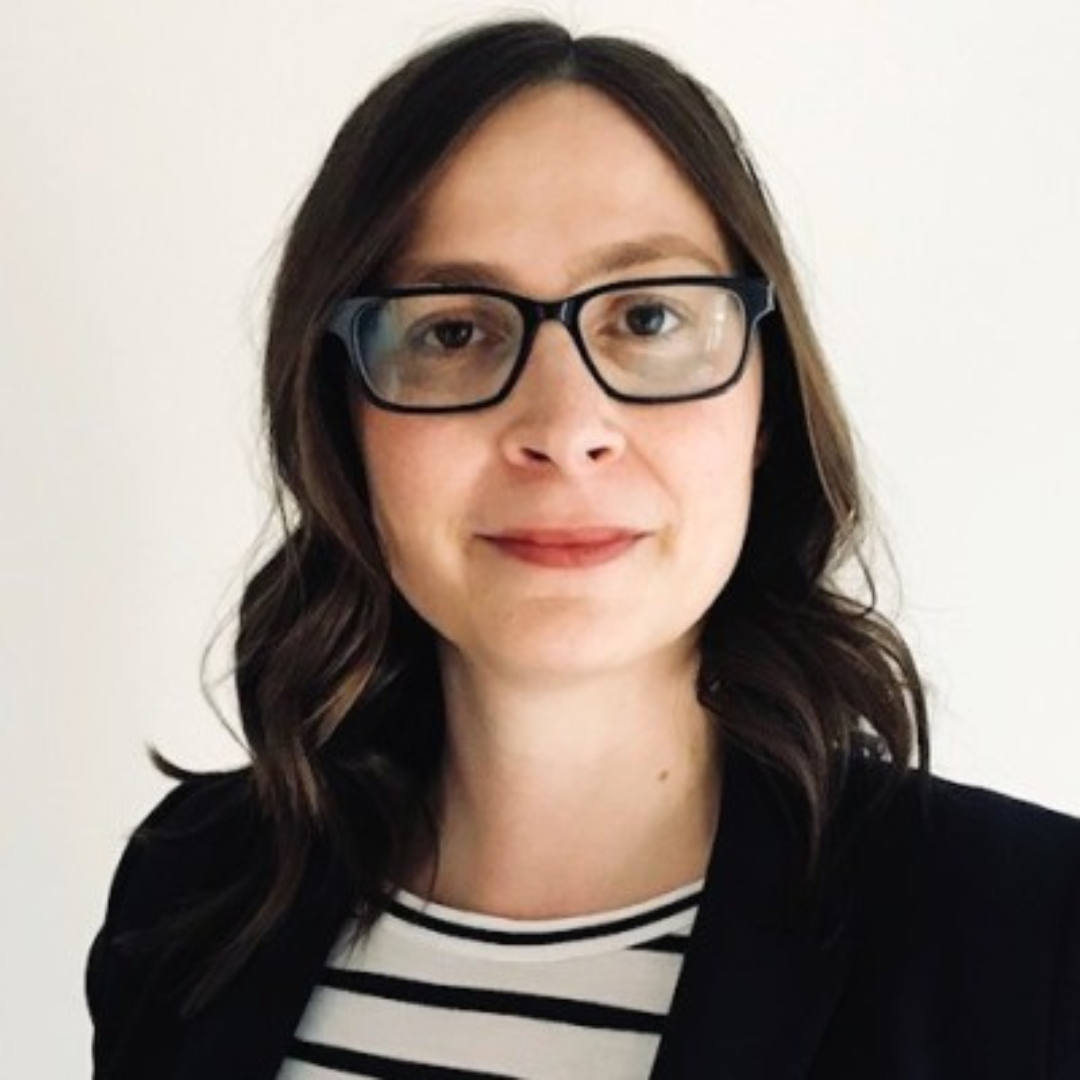2024…
This Scotiabanker Challenges Bias and Ensures Indigenous Voices are Represented
Richel Davies, Director, Inclusion of Indigenous Peoples conveys her commitment to supporting the next generation of Indigenous leaders

By Sarah Kelsey
Richel Davies doesn’t take her role as an advocate for Indigenous Peoples lightly.
As a Métis woman, a proud member of the Métis Nation of Alberta, and the Director, Inclusion of Indigenous Peoples, seeing and hearing how the work she’s doing is empowering a new generation of Indigenous leaders and watching them thrive and soar is what propels her to do more.
“It’s my goal to create space for all Indigenous Peoples, and to make sure that all of our voices are heard,” Richel says.
“Sometimes it’s incredibly hard because this kind of work is different. You are working with diverse Indigenous identities, people from various levels of socioeconomic status, those dealing with trauma, and others who are new to understanding their Indigenous identity. But it’s important to ensure that everyone’s voice is heard because all Indigenous voices need to be included in every space.”
Richel began her work in the field of Human Resources (HR) 16 years ago working in a variety of roles mostly focused on recruitment and talent acquisition. In 2020, she was presented with an opportunity to join the Indigenous Innovation Initiative — a program that looks to empower First Nation, Inuit, and Métis innovation and communities to identify and solve their own challenges, transform lives, and drive inclusive growth and health through innovation.
“Growing up surrounded by Métis family and seeing what kind of struggles Indigenous Peoples face, I saw it as my opportunity to help give a voice to the community,” she says.
Richel made the leap to Scotiabank a year or so later. Motivated by the DEI work the Bank was doing across Turtle Island (what some Indigenous Peoples call North America), she was particularly impressed with initiatives like the Indigenous Peoples Talent Program and SOAR for graduating students. She could see the company’s leaders dedicated to elevating Indigenous Peoples and their voices — moving towards Truth and Reconciliation, by building authentic community relationships.
Today, Richel supports the rollout of several of the Bank’s Indigenous strategies and programs and works to include Indigenous employees in projects that happen across the Bank. She also sits with stakeholders to educate them on Indigenous ways of being, knowing, and understanding the world.
Her goal is to create a safe space for Indigenous employees and clients and to build awareness for all employees of the realities many Indigenous Peoples face along the way. She offers the same support to the YWCA as a volunteer on the Board of Directors and as the Chair of the organization’s Reconciliation Committee.
One of the most challenging and rewarding parts of her work is to help non-Indigenous employees and leaders acknowledge the discomfort they may feel around addressing their biases toward Indigenous communities and lack of knowledge of Indigenous history.
“For many years, we have stereotyped Indigenous Peoples in media, the news and in our educational systems in North America by intentionally removing Indigenous stories and histories from our courses and entertainment, so — and I say this with such kindness and care — for a lot of people, it’s uncomfortable to recognize their biases,” she says.
To understand how biases can get in the way, Richel often asks leaders to describe their perfect hire. The idea is to get them thinking about what that person looks like, what their resume sounds like, and where they went to school (among other things). She then asks them to think about their image of an Indigenous person. The purpose of this exercise is to see if there is a gap between those two images.
“A good way to address bias is to think about what those two images have in common. Indigenous Peoples’ resumes may look a little different, but they’re every bit as skilled and also bring along valuable perspectives. We just need to look past superficial differences to see the talent.”
She adds, it’s critical that everyone understands and acknowledges the harsh truth of what’s happened to Indigenous communities across Canada, so we can then walk the slow path toward reconciliation together.
Part of that understanding and acknowledgement can start with learning more about the Truth and Reconciliation Commission’s report and Calls To Action during important national moments like Orange Shirt Day and the National Day for Truth and Reconciliation. We can also celebrate Indigenous culture through National Indigenous History Month and National Indigenous Peoples Day, and spend time learning about the many different Indigenous cultures. There are many ways to show support as an ally, we can show up to learn, stand in solidarity, and celebrate.
“Above all, support Indigenous colleagues and friends in good faith. True allyship in action is about learning and supporting without knowing everything. It’s often about being uncomfortable. But it ends at a place where we can truly be kind to one another and celebrate each other and how unique we are. That’s how we can all amplify Indigenous voices. I know it’s a big responsibility, but it’s one we should all take seriously.”
2024…
Gallery: 2024 RBC Canadian Women Entrepreneur Awards Program
TORONTO,…
New Survey Findings Reveal the Financial Priorities and Challenges for Canadian Women
Pour…
2024 RBC CANADIAN WOMEN ENTREPRENEUR AWARD WINNERS ANNOUNCED
Chef…
Meet Nuit Regular, RBC Canadian Women Entrepreneur Awards Momentum Finalist
By…
